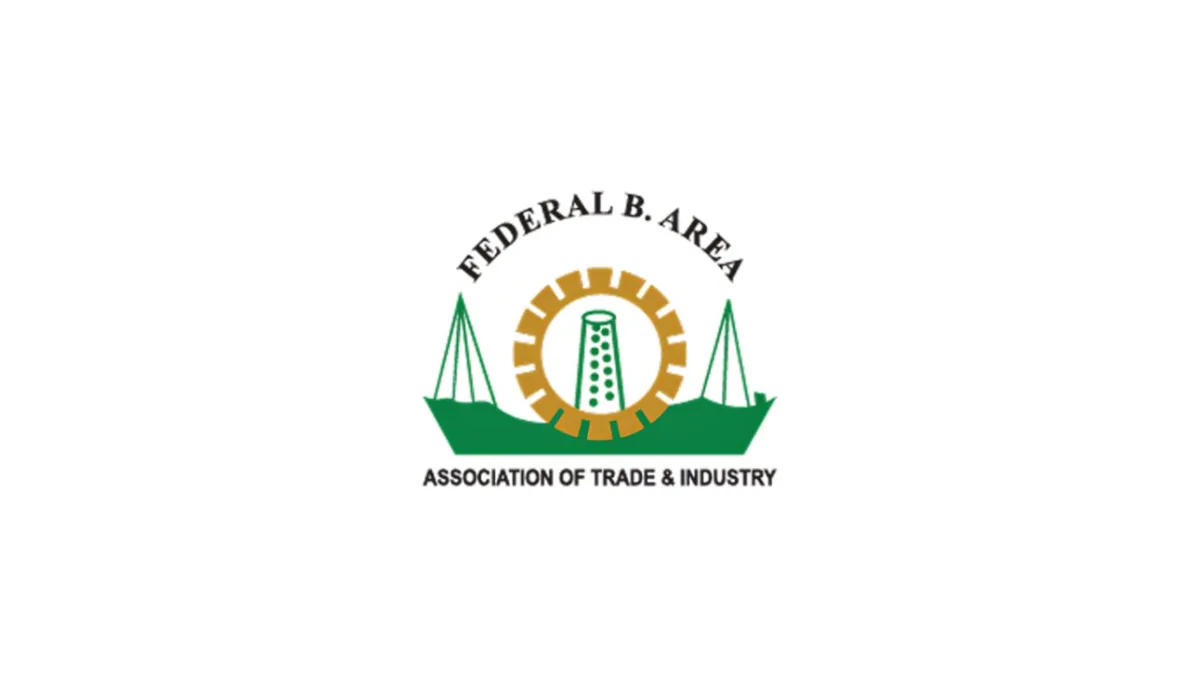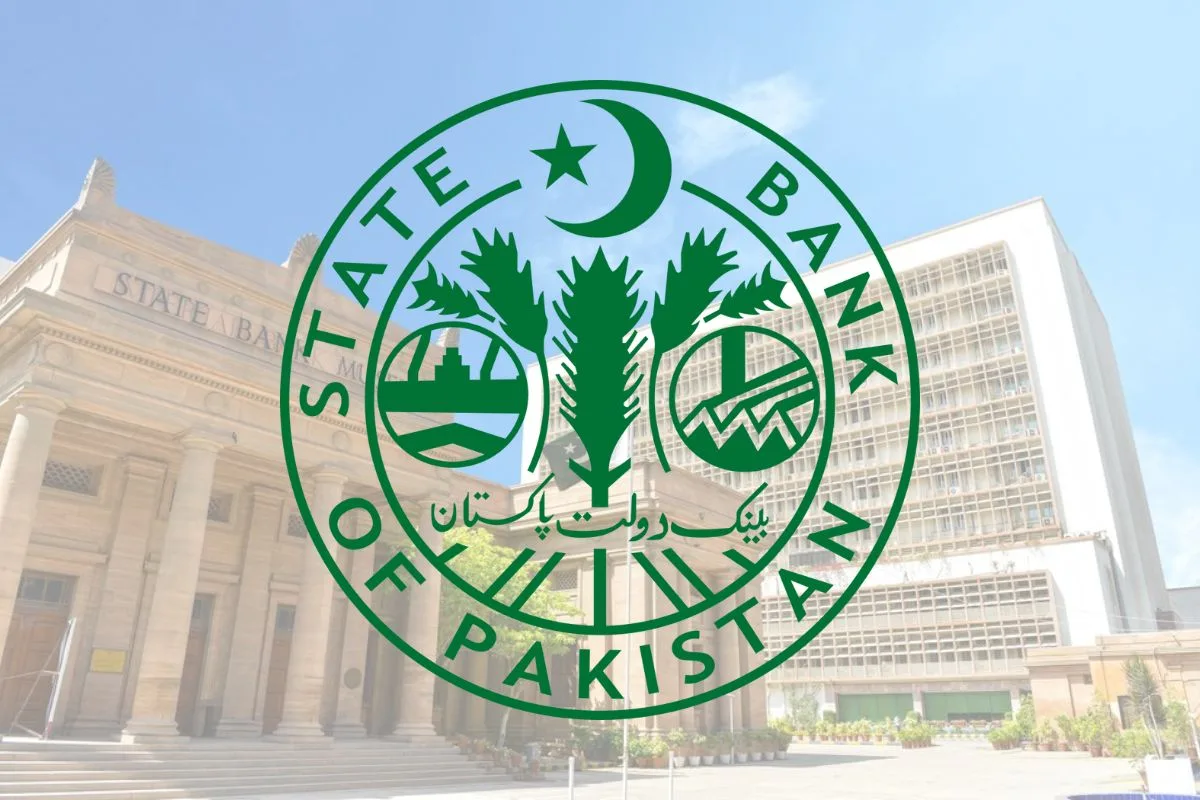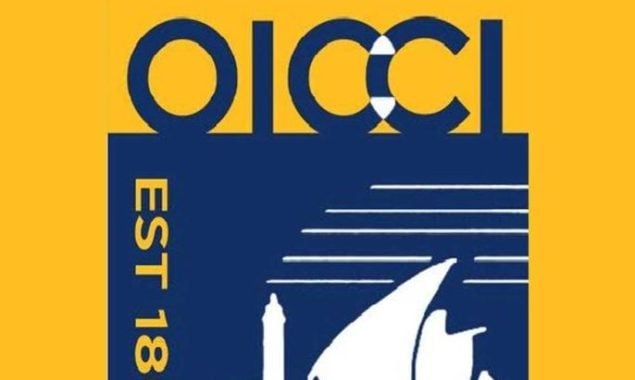The recent budget’s increase in multiple taxes, combined with the high cost of utilities, has significantly raised the cost of production for Small and Medium Enterprises (SMEs) in Karachi. This alarming trend threatens the survival of hundreds of business units, leading to potential shutdowns, layoffs, and a decline in exports.

Syed Raza Hussain, President of the Federal B Area Association of Trade and Industry (FBATI), highlighted the dire situation facing SMEs. “The combined impact of high utility costs and heavy taxation is proving detrimental to the SME sector. Many businesses are on the brink of closure, unable to sustain operations under this financial strain,” he stated.
The high cost of electricity, which has surged dramatically over the past year, is one of the primary issues SMEs are grappling with. Global fuel price increases and inefficiencies within the national grid have driven these costs up. Water and gas prices have also seen substantial hikes, further straining the operational budgets of small businesses.
“We are struggling to keep our doors open. The cost of electricity alone has increased manifoldly since last year. If the situation doesn’t improve, we may have no choice but to shut down our operations,” Hussain remarked.
Despite the central bank’s proposal for the government to provide risk coverage through funds in the budget to empower banks to offer fresh financing to SMEs, no such scheme was announced. This omission further complicates the situation for SMEs, which are already dealing with escalating costs and financial pressure.
Adding to their woes, the provincial government recently issued a notification for subsoil water extraction without consulting the city’s town association. This new regulation poses additional challenges for industries trying to continue production.
SMEs play a crucial role in Pakistan’s economy, employing 80 percent of the non-agricultural workforce, contributing 40 percent to the GDP, and accounting for more than 25 percent of total export earnings. They are particularly vital in sectors like textiles, leather goods, and handicrafts.
Syed Raza Hussain has appealed to the government to create an enabling environment for SMEs through an affordable tax regime and an SME financing scheme. “We need policies that allow SMEs to thrive and contribute to sustainable economic growth,” he urged.
As SMEs struggle under the weight of increased taxes and utility costs, the future of many small businesses hangs in the balance. Immediate government intervention is essential to ensure their survival and support the country’s economic stability.
Read More: Karachi traffic plan for Muharram 8, 9, and 10
Join INCPak Whatsapp Channel to stay updated!







